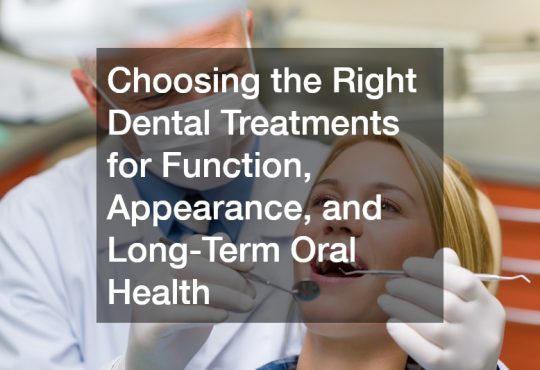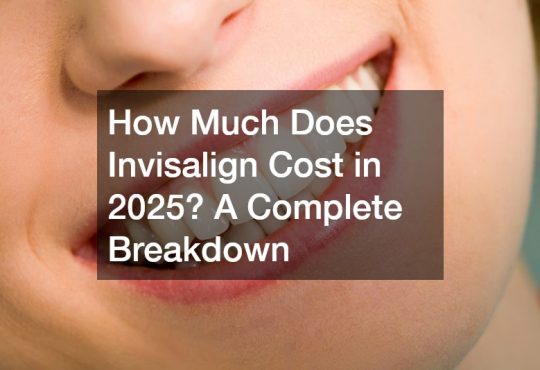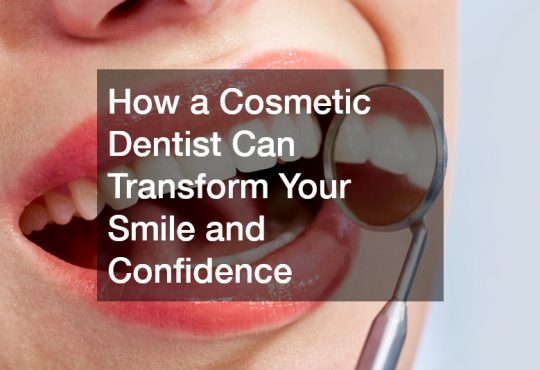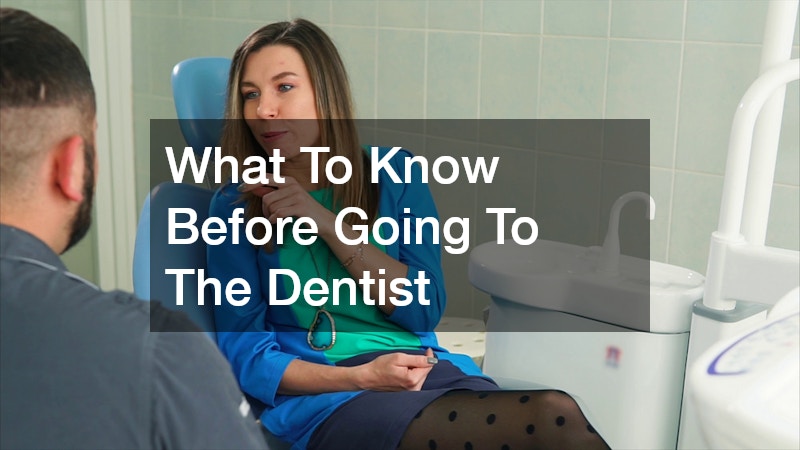
What To Know Before Going To The Dentist
Disclaimer: The material provided is designed to inform readers about oral health and preventive care. It should not be considered medical advice. Consult a registered dentist for guidance specific to your oral health needs.
Preparation Guide for Your Dental Visit
Visiting the dentist can often be met with a mix of anxiety, curiosity, and sometimes even dread. However, preparation is key to ensuring that your dental visit is as smooth and stress-free as possible. Whether it’s for a routine check-up, a cleaning, or an emergency procedure, understanding the basics before going to the dentist can help you feel more in control and at ease.
From scheduling your appointment at the right time to knowing the specifics of what your dentist needs, being well-prepared not only helps you get the most out of your appointment, but it can also help build a more positive relationship with your dentist. Moreover, by following a few simple steps, you can make your interaction with your emergency dentist an experience that supports your overall oral health.
In this article, we will delve deep into the essentials of preparing for a dental appointment. By understanding the importance of timing, knowing your dental history, and being aware of the procedures, you can make your visit to the emergency dentist and other specialists more efficient. This detailed guide will empower you to navigate your dental visits with confidence.
1. Schedule Your Appointment at the Right Time
Scheduling your appointment at a time that aligns with your personal obligations can greatly reduce stress. It is advised to book appointments at a time when you are least likely to be hurried, possibly early in the morning or right after lunch, which are also optimum times for mental alertness. At a family dentists office, understanding your family’s schedule can help in coordinating appointments efficiently without disrupting daily routines.
The best dentists often have busy schedules, so securing a slot ahead of time means you are likely to get a time that suits your needs without having to delay treatment. For emergencies, knowing when an emergency dentist is available can be crucial. Planning appointments strategically allows both you and the dental staff to prepare adequately for your visit, making it smoother.
While sudden issues may require urgent care, routine visits require adjusting schedules to accommodate them conveniently. Communicate with your dental office about any specific preferences regarding appointment times. In an emergency, the swift availability of an emergency dentist can be a critical factor.
2. Know Your Dental History and Insurance Info
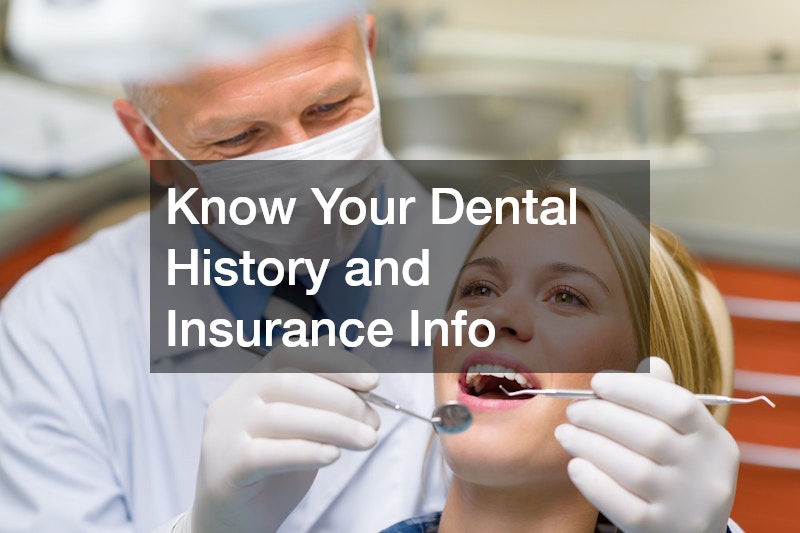
Bringing your dental history to the appointment is essential because it allows your dentist to understand your dental health trajectory. Knowing what treatments and procedures you have previously undergone aids the emergency dentist and other dental professionals in crafting a well-informed plan for your oral care. This becomes particularly important at a general dentists office where historical context can dictate your current treatment approach.
Your insurance information is another vital aspect to handle before your visit. Knowing the scope of your coverage can prevent unexpected out-of-pocket expenses, thus reducing the source of stress during your visit. Dental offices appreciate when patients come prepared, as it streamlines the paperwork process, allowing more time for treatment and consultation.
Should there be any discrepancies or gaps in cover, communicating with your insurance provider or dentists in advance can clarify these aspects beforehand. Being organized in this area enables a more seamless interaction with the dental staff. Especially in situations requiring an emergency dentist, having immediate access to insurance details is non-negotiable for swift processing.
3. Understand the Type of Visit You’re Having
Whether visiting for a routine cleaning or a more complex procedure, understanding the nature of your visit is fundamental. Knowing this can help alleviate anxiety, as you’ll come prepared for what the appointment entails. The emergency dentist will have different protocols depending on the urgency and type of dental care required, so being informed aids in these preparations.
Should the visit involve cosmetic dentistry, being clear about your desired outcomes can directly impact the preparation and perceived success of the treatment. Consulting with your dental office about the specific details and goals of these visits can tailor the experience to your expectations. It also helps in setting realistic timelines for recovery and follow-up visits, an important factor when dealing with local dentists.
For emergencies, knowing what constitutes such, and when to consult an emergency dentist, ensures that timely care is sought. In non-emergency settings, simply knowing if you’re being seen for an evaluation or a procedure aids in managing prior-day preparations. Being proactive in understanding the visit can foster communication and enhance the overall success of dental interactions.
4. Don’t Skip Brushing and Flossing Beforehand
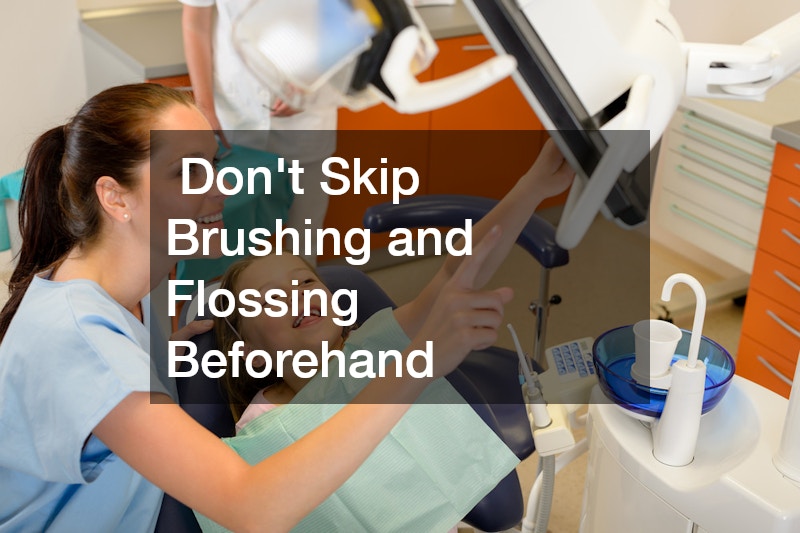
Maintaining good oral hygiene is not just for daily health but also essential before any dental visits. It helps provide a clear view for the dentist and is an act of courtesy to the dental staff. Good habits like brushing and flossing can make the appointment more efficient, giving the emergency dentist or local dentists a clean slate to work with.
Regularly practicing oral hygiene before dental appointments also sends a positive message about your personal dental care commitment. It can reduce the time spent cleaning your teeth during the appointment, allowing for more focus on necessary treatments or discussions. This is particularly vital during any examinations or before cosmetic dentistry procedures.
Conscientious efforts in maintaining oral hygiene can prevent issues such as gum irritation during cleaning. Additionally, attending appointments with a freshly cleaned mouth can spare any embarrassment or the need for extra cleaning, which might take up valuable appointment time. Encouraging consistent pre-visit oral care is a practice seen favorably across dentistry.
5. Be Honest About Dental Anxiety
Many individuals experience varying levels of anxiety when visiting a dentist. Being upfront about these feelings with your dentist can lead to accommodations to help ease worries. An emergency dentist might face this often and is usually trained to provide reassurance and possibly sedation solutions if necessary.
Sharing your fears allows your dentist to explain processes thoroughly, which can demystify complex procedures. Some dental offices may offer initial consultations to explain in detail what a visit entails, preparing you mentally. Understanding each step of your treatment can help lessen anxiety dramatically for both general and cosmetic dentistry.
Dental anxiety is common, and you’re never alone in experiencing it. Discussing apprehensions not only aids you but also allows the dental staff to anticipate your needs, tailoring your experience to be as stress-free as possible. Many dentists are well-versed in techniques and strategies to diffuse anxiety, providing a more pleasant encounter.
6. Avoid Eating Right Before Your Appointment

Refraining from eating right before an appointment is suggested for a number of reasons. It prevents food particles from obscuring the dentist’s view and minimizes any discomfort that might result from dental prodding or pressure. emergency dentists often have to quickly assess and act, so a clean environment is crucial.
Moreover, fasting momentarily can prevent nausea that some patients might feel when anxious or subjected to the reclining dental chair positions. It’s particularly beneficial during procedures anticipated to take time, reducing the bodily focus required for digestion. An empty stomach can help ensure that local anesthetics or sedatives take effect appropriately.
While visiting the best dentists, ensuring an optimal condition in terms of cleanliness goes a long way in preparing for successful dental work. Consuming minimal or no food before certain appointments can also assist if immediate mouth rinses or further diagnostics are necessary. Understanding this easy-to-follow step can facilitate upcoming dental work without any avoidable interference.
7. Bring a List of Questions or Concerns
Having a list of questions or any concerns guarantees that nothing is overlooked during your appointment. It ensures that both you and the dentist understand each other’s expectations and treatment plans. Whether visiting a general dentists office or seeking an emergency dentist, clear communication makes all the difference.
Addressing your questions during the appointment can provide clarity on any upcoming procedures, aftercare, or further appointments. Writing them down ensures you won’t forget important topics amidst the hustle of a potentially busy schedule. This practice is just as vital in non-emergency and elective visits, such as in cosmetic dentistry.
Engaging in a detailed conversation with your dentist during the visit can solidify your confidence in the treatment received. It reinforces your proactive role in managing oral health and in participating in decision-making processes. This habit contributes to a better understanding between you and dental professionals like dentists and enhances treatment outcomes.
8. Prepare for Possible X-Rays or Procedures
Many dental appointments may include X-rays or specific procedures, depending on the reason for your visit. Knowing this beforehand can prepare you mentally and physically for a potentially longer appointment. An emergency dentist might request quick diagnostics, so anticipating this need is advantageous.
If an X-ray is likely, discuss any concerns you might have regarding radiation or the procedure itself in advance. Dental labs are integral to performing this part of many consultations, as imaging plays a key role in diagnosing and planning treatment. Understanding the procedure assists in alleviating any fear of the unknown.
Communicating openly with your dentist about the likelihood of procedures can help you prepare your schedule, plan accompanying arrangements, and manage post-appointment care. This readiness also bears importance for visits where unexpected treatments may become necessary, emphasizing clear pathways of communication between patient and practitioner. Anticipation and understanding lead to effective dental care and contribute to a positive relationship with your dental office.
9. Plan for Aftercare if Needed
Certain dental appointments require specific aftercare, particularly if a procedure or emergency intervention takes place. Understanding these potential needs ahead of time ensures that you’re prepared when leaving the dentist’s chair, tailored to guidance you receive. General dentists can offer aftercare which might involve medication, diet changes, or rest.
It’s vital to get instructions on aftercare if you experience any interventions, be it through surgeries or simple extractions. Secure necessary information from your emergency dentist or general dentistry practitioner to mitigate any risk of complications. Correct recovery procedures can prevent future visits and assist in maintaining overall dental wellness.
Preparing for aftercare involves an understanding of your personal financial responsibilities, insurance cover, and any follow-up appointments required. Local dentists often provide recovery instructions targeted to your individual care plan, ensuring you feel supported throughout your entire dental journey. This planning is uniquely adapted to emergencies as well as routine care, highlighting the importance of this preparative step.
10. Know the Importance of Regular Check-Ups
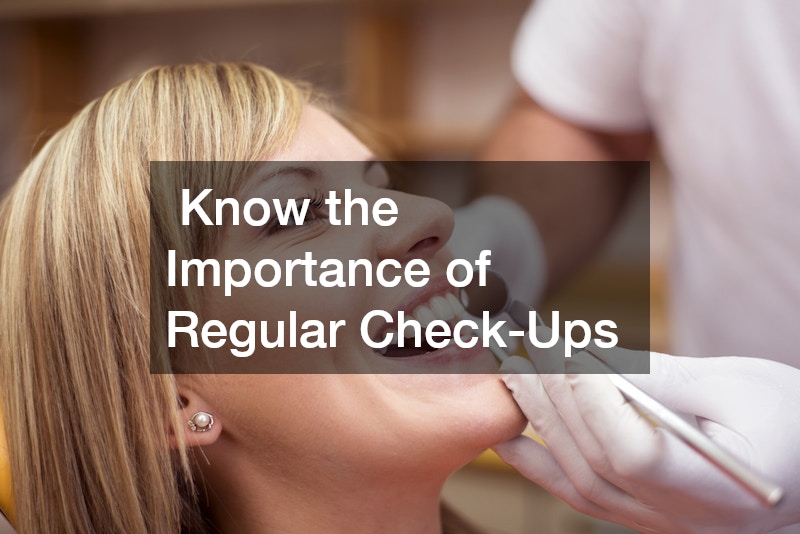
Regular check-ups are fundamental to dental health, helping prevent issues before they arise. This habitual practice allows dentists to keep track of your oral health, identifying potential problems early with appropriate measures. Even in pediatric urgent care scenarios, routine visits prove invaluable.
For ongoing care, sticking to scheduled examinations can greatly enhance and expedite resolution when issues occur. This vigilance ensures any emergency requiring an emergency dentist is minimized, due to consistent preventive care. It also supports the goal of long-term oral health, promoting an easier maintenance plan as you age.
Routine visits allow for familiarity between the patient and the dental team, fostering a more open relationship and effective communication. This practice ensures the continuity of care, adapting treatments as dental technologies and practices evolve. Regular interactions ensure any pathway towards aesthetic or functional dental enhancements is seamless.
Conclusion
Preparation is crucial for a successful dental appointment, whether it’s with a general dentist or an emergency dentist. By following these outlined steps, you’ll feel more at ease before, during, and after your visit. Understanding and addressing each point thoroughly creates a comprehensive preparation strategy for all types of dental care.
With this knowledge, you’ll approach visits confidently, understanding the role of hygiene, timing, communication, and aftercare. This holistic approach ensures you reap the benefits of modern dentistry in a proactive and informative manner. Together with the best dentists, these practices encourage better oral health and a more fulfilling relationship with your dental providers.
Guarding your oral health continues beyond just preparedness; it extends into responsible practices and regular consultations. Patients investing in their knowledge and punctual dental interactions will discover a positive trajectory in their oral wellness journey, always supported by professionals dedicated to their care.
